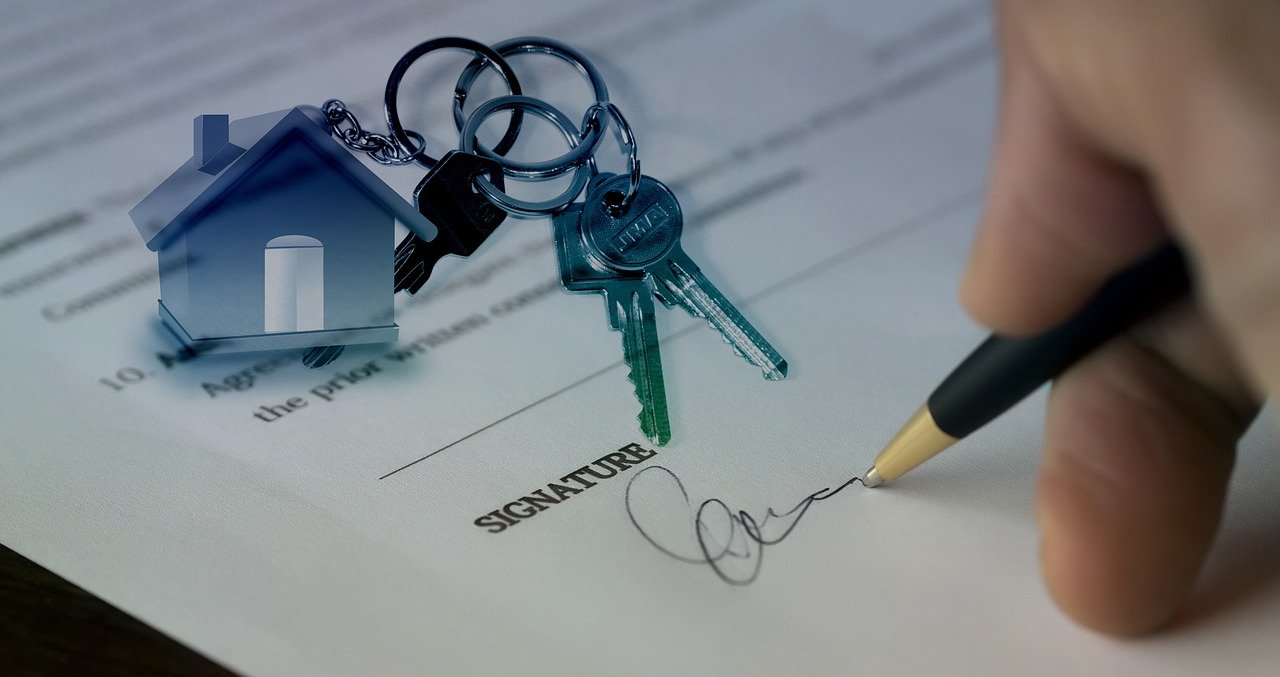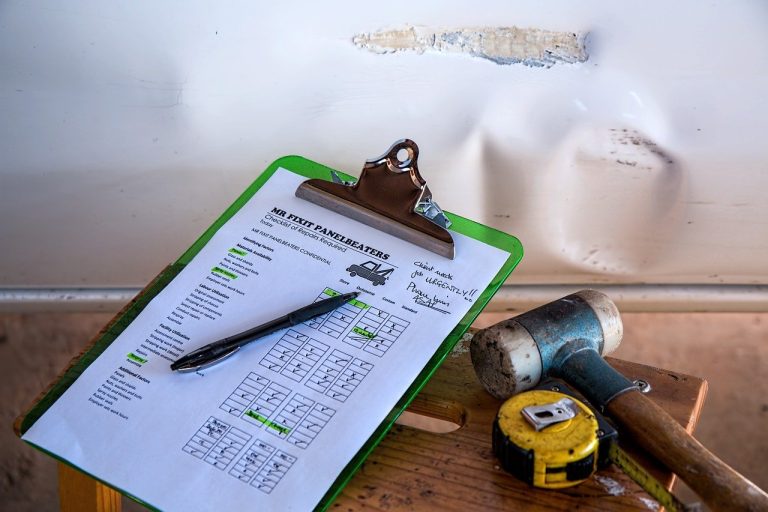Property Insurance Demystified
Property insurance is a crucial aspect of managing risk and protecting your assets. Whether you own a home, a commercial property, or rental properties, understanding property insurance can help safeguard your investment against unexpected events. This article explores what property insurance is, the types available, the application process, and key considerations to help you make informed decisions about coverage.
What is Property Insurance?
Property insurance is a form of insurance designed to protect your property against loss or damage. It covers the financial impact of various risks, such as fire, theft, vandalism, natural disasters, and other perils specified in the policy. Property insurance is essential for homeowners, landlords, and businesses as it helps mitigate the financial consequences of unforeseen events that could otherwise result in significant out-of-pocket expenses.
Types of Property Insurance
1. Homeowners Insurance
Homeowners insurance is designed to protect private residences. It typically includes coverage for:
- Dwelling Protection: Covers damage to the structure of your home due to covered perils like fire, windstorm, or hail.
- Personal Property: Covers the loss or damage of personal belongings, such as furniture, electronics, and clothing.
- Liability Protection: Provides coverage if someone is injured on your property and you are found legally liable.
- Additional Living Expenses: Covers the cost of temporary housing if your home becomes uninhabitable due to a covered loss.
2. Renters Insurance
Renters insurance is intended for tenants and covers:
- Personal Property: Protects your belongings against damage or loss due to fire, theft, or vandalism.
- Liability Protection: Provides coverage if you are found liable for injury or property damage to others.
- Additional Living Expenses: Covers temporary living expenses if your rental unit is uninhabitable due to a covered loss.
3. Condominium Insurance
Condominium insurance, or condo insurance, covers:
- Personal Property: Similar to renters insurance, it protects your belongings within the condo unit.
- Dwelling Protection: Covers improvements and upgrades made to the interior of your condo.
- Liability Protection: Covers legal responsibility for injuries or damages occurring within your condo.
4. Landlord Insurance
Landlord insurance is tailored for property owners who rent out their properties. It includes:
- Property Protection: Covers damage to the property structure and loss of rental income due to a covered peril.
- Liability Protection: Offers coverage for injuries or damages sustained by tenants or visitors on the rental property.
5. Commercial Property Insurance
Commercial property insurance protects businesses from losses related to their physical assets, including:
- Building Coverage: Covers damage to the physical structure of commercial buildings.
- Business Personal Property: Protects equipment, inventory, and other business assets.
- Liability Protection: Covers claims related to injuries or damages occurring on business premises.
6. Specialized Property Insurance
- Flood Insurance: Covers damage caused by flooding, which is typically excluded from standard property policies. It is crucial for properties in flood-prone areas.
- Earthquake Insurance: Provides coverage for damage caused by earthquakes, which is also often excluded from standard policies.
- Vacant Property Insurance: Covers properties that are unoccupied for an extended period, as vacant properties are at higher risk for damage.
The Property Insurance Application Process
1. Assess Your Needs
Before applying for property insurance, evaluate your coverage needs based on the type of property you own or rent. Consider factors such as the property’s value, location, and potential risks.
2. Shop Around for Quotes
Obtain quotes from multiple insurance providers to compare coverage options and premiums. Consider the insurer’s reputation, customer service, and financial stability in addition to cost.
3. Choose the Right Coverage
Select a policy that provides adequate protection for your property and personal belongings. Ensure the coverage limits and exclusions align with your needs and risk profile.
4. Complete the Application
Fill out the insurance application, providing accurate information about your property, its value, and any existing risks. You may need to provide details such as the property’s address, construction type, and security features.
5. Review and Sign the Policy
Carefully review the policy terms, including coverage limits, deductibles, and exclusions. Make sure you understand what is and isn’t covered. Sign the policy documents and keep a copy for your records.
6. Pay the Premium
Pay the insurance premium according to the policy’s payment schedule. Premiums can be paid monthly, quarterly, or annually, depending on the insurer’s options.
Benefits of Property Insurance
1. Financial Protection
Property insurance provides financial protection against the costs of repairing or replacing damaged or lost property. This coverage can help mitigate the financial impact of unexpected events, such as fires or natural disasters.
2. Liability Coverage
Many property insurance policies include liability protection, which covers legal costs and damages if you are found responsible for injuries or property damage to others. This can be crucial in avoiding significant financial burden from legal claims.
3. Peace of Mind
Having property insurance offers peace of mind knowing that your assets are protected. It reduces the financial stress associated with potential losses and allows you to focus on other aspects of your life or business.
4. Compliance with Mortgage Requirements
If you have a mortgage, your lender will likely require you to have property insurance to protect their financial interest in the property. Insurance ensures that the property’s value is protected in case of damage or loss.
5. Support During Difficult Times
Insurance can provide additional living expenses coverage, helping you manage the cost of temporary housing or other necessities if your property becomes uninhabitable due to a covered loss.
Drawbacks of Property Insurance
1. Premium Costs
Insurance premiums can be a significant expense, particularly if you require comprehensive coverage. Balancing coverage with affordability is important to ensure that you can manage insurance costs effectively.
2. Deductibles
Property insurance policies often come with deductibles, which are the amounts you must pay out-of-pocket before insurance coverage kicks in. Higher deductibles can reduce premium costs but may increase your financial burden in the event of a claim.
3. Coverage Limitations
Not all risks are covered by standard property insurance policies. For example, standard policies often exclude flood and earthquake damage. Specialized insurance may be needed to cover these additional risks.
4. Potential for Disputes
Insurance claims can sometimes lead to disputes with insurers over coverage limits, exclusions, or claim amounts. It’s essential to understand your policy details and communicate effectively with your insurer to avoid such issues.
Key Considerations for Property Insurance
1. Review Coverage Regularly
Regularly review your property insurance policy to ensure it continues to meet your needs. Update your coverage if you make significant improvements to your property or acquire new belongings.
2. Understand Policy Exclusions
Be aware of any exclusions in your policy and consider purchasing additional coverage if necessary. Understanding what is not covered can help you make informed decisions about your insurance needs.
3. Consider Flood and Earthquake Insurance
If you live in an area prone to natural disasters, consider purchasing flood or earthquake insurance to protect against these specific risks. Standard property insurance often excludes such events.
4. Maintain Accurate Records
Keep detailed records of your property and personal belongings, including receipts and photos. This documentation can be valuable if you need to file a claim and provide proof of loss.
5. Work with a Trusted Agent
Consult with a reputable insurance agent or broker who can help you navigate the complexities of property insurance and find the best coverage for your needs.
Conclusion
Property insurance is a vital component of financial planning for homeowners, renters, and business owners. It provides essential protection against various risks, helping to mitigate the financial impact of unforeseen events. By understanding the types of property insurance available, the application process, and key considerations, you can make informed decisions about your coverage and ensure that your property and assets are well-protected. Regularly reviewing and updating your insurance policy will help you maintain adequate coverage and adapt to changing needs over time.




